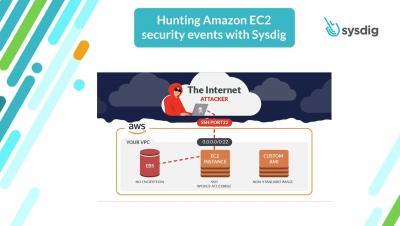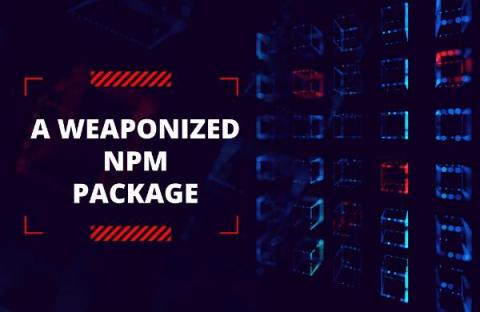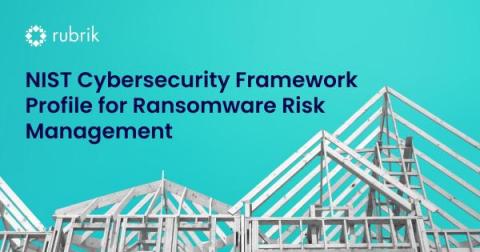Security | Threat Detection | Cyberattacks | DevSecOps | Compliance
Security
Learn OPA Performance on Styra Academy
Styra Academy, our online training portal for free courses on OPA, Rego and Styra Declarative Authorization Service (DA), has a new course available: OPA Performance. The primary purpose for OPA within applications is, of course, fine-grained authorization — that is, who can do what and what can do what. Each user request typically requires one or more authorization decisions to be made.
Enforcing Cloud Resource Policy Guardrails for HashiCorp Terraform Cloud
I’m excited to announce the Styra DAS integration with HashiCorp Terraform Cloud via run tasks is now generally available to Styra DAS users! Users can now enforce cloud resource policy guardrails at every step of the DevOps process, including right before Terraform Cloud applies changes to your cloud resources.
We are Mend - Company celebration of rebranding from WhiteSource Software to Mend
Netskope - Security That's Ready for Anything
Mitigating Cyber Threats With Continuous Monitoring
The supply chain for organizations has become increasingly susceptible to unplanned cybersecurity interruptions that negatively impact revenue, inventory, and consumer confidence. As a result, there has been an increasing focus on understanding how critical services are delivered, the reliance on third parties and fourth parties, and key risk controls that can be implemented to mitigate the risk of cyber security incidents.
Cybersecurity Insights - MFA Requirements for Salesforce
Grooming lies and their function in financial frauds
Grooming techniques used in various frauds are getting more common and more elaborate. Fraudsters are coming up with narratives that involve complicated lies and may have different stages, depending on the type of fraud. Often, different actors are brought into the story. These actors also lie to the victim, in order to support the narrative. The purpose of expanding the fraud in this way is to groom the victim to dismiss their doubts or concerns and comply with requests.
A Weaponized npm Package '@core-pas/cyb-core' Proclaimed Pentesting Related
Two packages of well-known origin were found exfiltrating Windows SAM and SYSTEM files, apparently as part of internal security research rather than a targeted dependency confusion attack. On June 6th, 2022, the Mend research team used Supply Chain Defender to detect and flag two malicious packages from the same author that contained identical code. We alerted npm and the packages were removed within three hours of publication.
How Rubrik Supports the NIST Cybersecurity Framework Profile for Ransomware Risk Management
Rubrik was built on a foundation of Zero Trust architecture. The National Institute of Standards and Technology (NIST) is a United States federal agency that works with organizations of all sizes to help them implement cybersecurity best practices.











